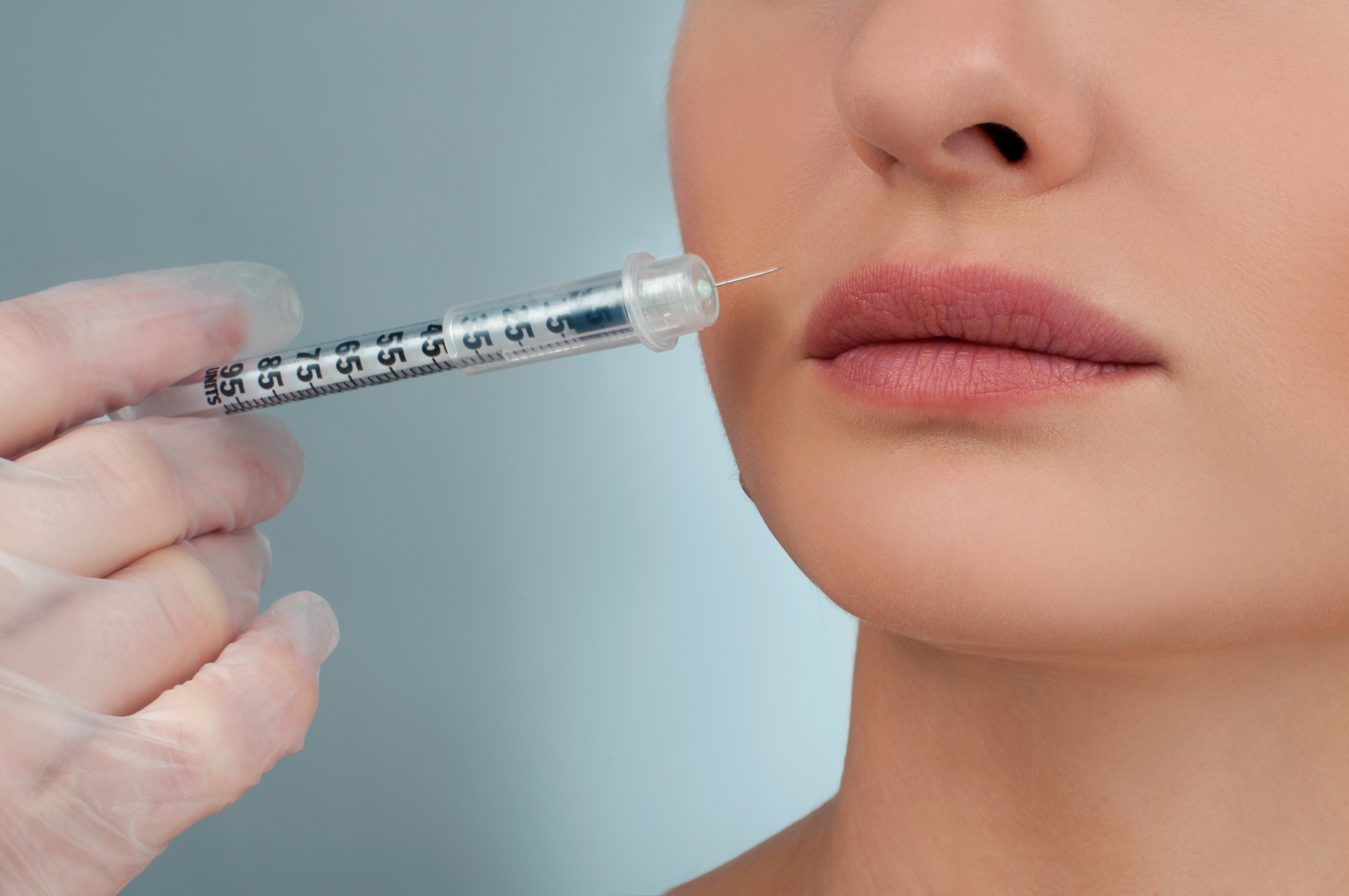Aging has always been inevitable, but millennials are doing everything they can to rewrite that story. The generation that grew up on social media and skincare tutorials is now in their 30s and 40s, and many are more fixated than ever on staying young—at least on the outside.
From high-tech beauty treatments to wellness obsessions and psychological reframing, millennials are actively pushing back against the concept of getting older.
While every generation has wrestled with aging in its own way, millennials are blending technology, culture, and a splash of existential dread into their approach. The result is a fascinating mix of optimism, consumerism, and self-preservation.
The Fear Behind the Filters
There’s a deep-rooted anxiety among millennials about what it means to grow older, and much of it stems from the age of the internet. Unlike generations before, millennials have spent the majority of their lives online, where youth is not just celebrated but constantly idealized.
Social platforms like Instagram and TikTok thrive on visuals, and the most-liked images usually showcase smooth skin, glowing faces, and effortless style. Aging doesn’t fit neatly into those curated feeds, which can make every new wrinkle feel like a threat to relevance. The pressure to remain visible and “young-looking” online fuels a cycle of comparison and quiet panic.
Skincare as Self-Care—and Self-Defense
The skincare industry has exploded in the past decade, and millennials are at the heart of it. What started as a routine has evolved into a form of armor—daily regimens involving serums, acids, rollers, and SPF that promise to slow time’s grip.
While there’s a genuine desire for healthy skin, there’s also a looming fear: that looking older might mean becoming invisible in a youth-obsessed culture. Brands have capitalized on that anxiety, offering up “anti-aging” solutions that are often less about health and more about hiding. Millennials, in turn, have embraced skincare not just as self-care, but as a strategy to hold onto youth a little longer.
The Rise of Preventive Aesthetics
Botox used to be something people got in their 50s, often whispered about behind closed doors. Now, many millennials are getting “preventative” treatments in their late 20s and early 30s, seeing it less as a correction and more as maintenance.
Cosmetic dermatology has become surprisingly normalized—there’s less stigma, more access, and a growing belief that starting young will yield better results. Botox is one of the fastest-growing trends in non-surgical cosmetic procedures. These treatments are no longer about chasing youth—they’re about never letting it slip away in the first place.
Biohacking the Biological Clock
Millennials aren’t just looking to creams and injections—they’re turning to science to try to outsmart aging. Biohacking, once a fringe concept, is gaining mainstream traction thanks to influencers, podcasters, and even tech CEOs who share their regimens.
From cold plunges and intermittent fasting to red light therapy and NAD+ supplements, these practices promise enhanced longevity and improved vitality. It’s a shift from reacting to aging to actively resisting it at a cellular level. While the science is still evolving, the belief in taking control of the aging process is deeply appealing to a generation raised on personalization and optimization.
Rebranding Getting Older
Despite all the anxiety, many millennials are also working to reframe what aging means emotionally and culturally. There’s a growing movement to view age not as a decline, but as an evolution—a phase where wisdom, confidence, and purpose can flourish.
Authors, speakers, and creators are using platforms to share empowering messages about embracing midlife and rejecting outdated age stereotypes. There’s also more awareness about ageism and its damaging effects, particularly on women, which is prompting a cultural push for more inclusive representations of beauty. Still, even as this rebrand gains traction, the pull of youth culture remains hard to escape.
Digital Legacy and the Illusion of Permanence
For millennials, aging isn’t just about physical change—it’s about their place in a fast-moving digital world. The internet creates the illusion of permanence, but relevance online is fleeting, especially when newer generations take over the conversation.
Millennials, once digital pioneers, are now watching as Gen Z and Gen Alpha redefine trends, humor, and influence. This transition brings an emotional tug: a desire to stay part of the narrative while also confronting the reality of growing older in a space that prizes novelty. Some try to keep pace, while others step back, realizing that youth isn’t just about age—it’s about visibility in the ever-shifting algorithm.
The Wellness Industry’s Youth Obsession
The wellness movement, often framed as a path to inner peace and health, also carries strong undercurrents of age anxiety. Many products and routines marketed under the wellness umbrella promise not just health, but a kind of ageless perfection. Whether it’s collagen powders, adaptogenic tonics, or personalized vitamins, there’s a constant suggestion that you can slow—or even reverse—time if you just consume the right combination.
Millennials, already primed by years of curated health advice, are eager buyers in this space. Many reports state that millennials now outspend older generations, especially on wellness-focused products and experiences, which highlights their investment in staying youthful, inside and out.
Chasing Youth in a Culture That Fears Aging
Underneath all the serums, procedures, and wellness regimens is a deeper cultural discomfort with aging itself. Millennials aren’t just afraid of looking older—they’re afraid of what aging represents: decline, irrelevance, and, ultimately, mortality. While past generations may have accepted these milestones as part of life, millennials, armed with technology and unlimited advice, are resisting more than ever. It’s not just about staying young; it’s about staying significant in a world that often sidelines older voices. The irony, of course, is that the more we fear aging, the more power we give it.
Feeling Young Forever
Millennials’ quest to stay forever young is both deeply human and uniquely modern. It’s a reflection of cultural shifts, digital pressures, and evolving beliefs about beauty and worth. While many of these strategies offer empowerment and agency, they also reveal a generation grappling with a future they’re not quite ready to meet.
Aging is inevitable, but the way we approach it can be rewritten—and millennials are at the forefront of that rewrite. So, what do you think? Are these efforts inspiring, troubling, or a bit of both?
Read More
These 7 Books Offer The Best Financial Advice for Millennials
Here’s 5 Things Should Have Told Your Younger Self to Have A Great Life Now



Leave a Reply